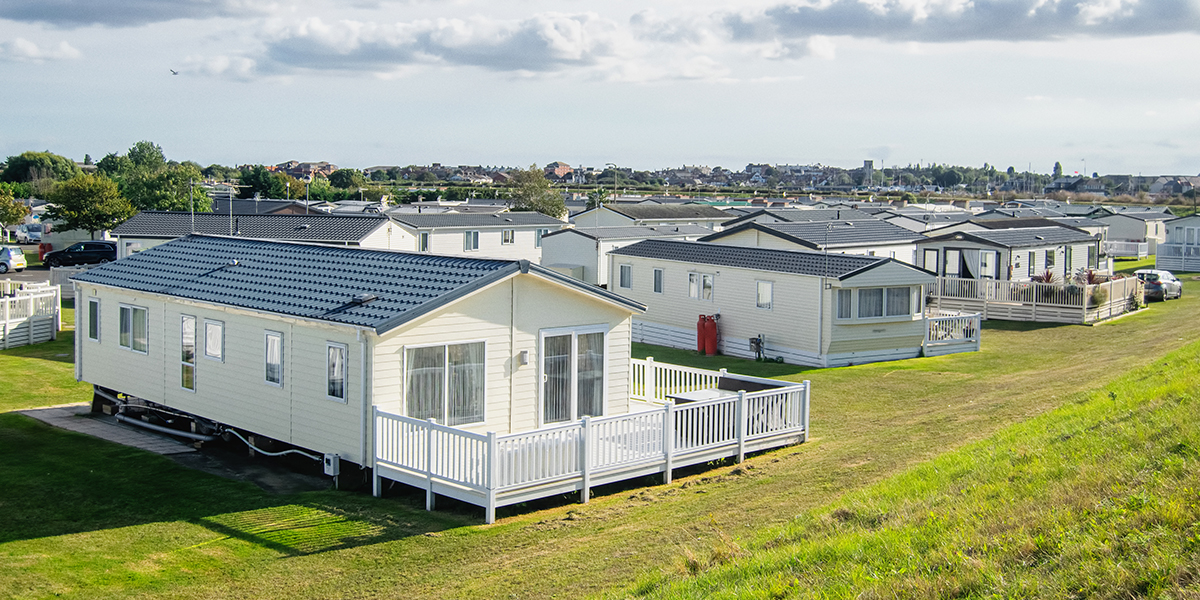 Written by Suzanne Shelton
Written by Suzanne Shelton
Suzanne Shelton is CEO of The Shelton Group, an advertising agency focused exclusively on motivating mainstream consumers to make sustainable choices.
Are you, as a company or brand, committed to conserving water? If so, do you talk about it in a way that consumers can hear you and value the message?
That’s a topic very much on our minds at the moment. We just published key insights on this topic from the annual Shelton Group Eco Pulse consumer survey: “All Wet?”
The report covers broad territory related to consumers and their perceptions about water use — we touched on both their own willingness to conserve and how much they value it when the companies they buy from do the same. It’s about how consumers perceive the coming water crisis, how much they value water conservation — in general and from the brands they buy — and what it will take to change their behaviors.
“Over and over again, consumers tell us they think conservation is important, but they mostly want someone else to do it for them.”
A couple of major themes emerged from the questions we asked: First, consumers aren’t exactly making a big splash when it comes to personal water conservation. No surprise there, really; our years of experience polling consumers on their energy use shows much the same thing.
Consumers don’t have a clue how much water they use every day, let alone how much they waste when they fail to take simple actions like turning off the water while brushing their teeth. Still, they placed a fair amount of value on the idea of water conservation, rating it as fairly important despite their overall lack of action.
But, second, when we asked respondents to rank CSR activities for a few very specific examples of successful companies (a laptop manufacturer, a beverage maker and a manufacturer of sinks, tubs and toilets), water conservation did consistently well across the board, making the top three of eight potential (and different and specific) activities for each type of company.
“There’s an enormous, meaningful opportunity for brand leadership on this subject.”
We think we’re looking at the classic behavioral science conundrum: Consumers may believe water conservation is a good thing, but they aren’t really big on taking action themselves, for a number of reasons.
One is that the need to do so hasn’t been made abundantly clear to them; another is inertia; yet another is underlying emotional drivers that haven’t been appealed to in a meaningful way. Over and over again, consumers tell us they think conservation is important, but they mostly want someone else to do it for them.
Let’s dig into what’s underneath those reasons a bit more:
Perceived lack of need water conservation
Water scarcity isn’t really on the consumer radar screen. While they see conserving water as a positive thing, they don’t know how dire the circumstances could become. Respondents drastically underestimated the number of people affected by lack of safe water; only 23 percent knew or guessed the correct answer.
Additionally, when we asked in our survey how many states are projected to face a water crisis in the next 10 years, only 4 percent made the correct guess of 40 states.
Underlying drivers and personal motivation
Consumers don’t connect their personal usage to the water crisis. Ninety percent thought an average person should be taking concrete steps to reduce their environmental impact, but only 40 percent felt responsible to make a change.
Paradoxically, 63 percent of respondents said they’d like to cut back on the amount of water they use, driving home the point that consumers see saving water as a positive.
Ergo, the idea of brands conserving water appeals to them greatly. There are obviously things we must do to get consumers to take more personal action — and we believe the opportunity for targeted education campaigns is huge and largely untapped — but there’s also an enormous, meaningful opportunity for brand leadership on this subject. If you’re conserving water or contributing to water-related causes, are you getting your message out there? Because our results show that consumers are listening. And they might just need your example to look up to.
WaterSignal is a green technology company focused on water conservation. WaterSignal measures water flow in real time to detect leaks and monitor domestic meters, irrigation systems, and cooling towers for residential, commercial, multifamily, senior living, medical, schools and colleges. WaterSignal is located in Alpharetta, GA, and currently has operations in 23 states. Follow us on Twitter @watersignal
Originally posted at GreenBiz.com




